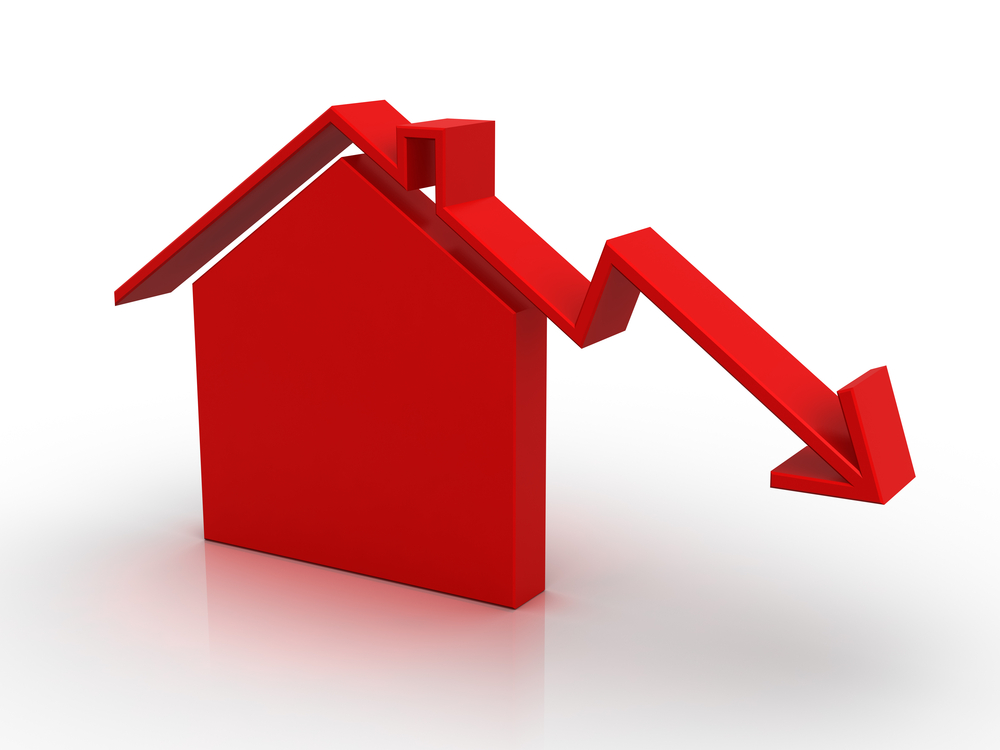
The proportion of international applicants, or people registering to buy a home, in Great Britain fell to 1.0% in Q1 2025, the lowest level on record, Hamptons data reveals.
Hamptons found that the combined effects of Brexit and the pandemic, alongside higher stamp duty costs, have dampened international buyer interest in Britain’s property market.
In prime central London, 2.9% of prospective buyers were based overseas, down from a peak of 7.9% in 2009.
The decline in demand has been predominantly driven by fewer Europeans relocating to Great Britain.
Europeans made up 43% of overseas house hunters in Q1 2025, down from 48% in 2008.
Prospective buyers from North America have increasingly replaced Europeans, accounting for 16% of international house hunters looking in Great Britain in Q1 2025. This represents more than double the 6% recorded in 2008.
Nearly three-quarters of this group are looking to make a permanent move.
In terms of location, international buyers are increasingly looking to buy in the North of England.
One in ten (10%) overseas applicants were looking to buy in the North in Q1 2025, up from 5% in 2015.
Hamptons head of research Aneisha Beveridge says: “Political events worldwide continue to influence demand for UK property from international buyers. But more recently, it’s tax changes that have stemmed the flow of overseas house hunters.”
“Stamp duty increases, particularly for those purchasing second homes, combined with Brexit and amendments to the tax treatment of non-doms, have added to costs and reduced the lure of property in the UK.”
“The case for buying a home, particularly in Prime Central London, has become increasingly tenuous for some international buyers. For those immigrating for an undetermined period, the cost of buying property and the prospect of little or no capital growth, as seen over the last decade in PCL, have led many to opt for renting instead.”
“That said, access to all the amenities and culture that London offers, combined with the country’s robust legal system, continues to attract money from overseas from those looking to buy.
“While Europeans used to be the driving force, with many relocating here for job purposes, Brexit has put a pause to that. They have been increasingly replaced by Americans, spurred by the strength of the dollar and potentially influenced by political events at home.”
“A home in the UK that would have cost someone buying in dollars £1m a decade ago, effectively costs them around £825,000 today due to currency changes alone. In most cases, this would offset the rise in stamp duty.”



